Kinetics of grinding precursor powders for piezoceramic materials based on potassium and sodium noibate systems
Mots-clés :
Grinding Precursor, Piezoceramic Materials, Potassium And Sodium Noibate Systems.Résumé
One the main issues in the chemical engineering is to evaluate the grinding procedure powders for pizoceramic materals, which has gained attention in industry with valuables applications. It was demonstrated that the grinding of precursor powders for the PCM synthesis based on sodium and potassium niobates can be carried out using both spherical, and planetary mill. However, this process for niobium oxide is the most efficient if a planetary mill is used.: The coarse grinding should be carried out in a fluid medium, thereby typical dimension of grinding bodies should be decreased with decreasing powder size. Thus, by means of two sets of grinding bodies having a size of 6mm and 2mm it was possible to produce Nb2O5 powder with a mean particle size of about 1?m. The use of an ultrasonic disperser at the final stage of grinding makes it possible to disperse about 5 % wt. of nanoparticles. This significantly increases the specific surface area of these components substantively affecting their reactive activity.
Téléchargements
Références
Avakumov, E. G. (1986). Mechanical Methods for Chemical Process Activation.
Guzman, I. Ya. (2012). Ceramics Chemical Technology, textbook for higher education. Moscow, RIF “Stroymaterialy” LLC. 496.
Jaffe, B., Kuk, U., Jaffe, G. (1974). Piezoelectric Ceramics. Jaffe B., Moscow, Mir Publ. 290.
Jiten, C., Gaur, R., Laishram, R., & Singh, K. C. (2016). Effect of sintering temperature on the microstructural, dielectric, ferroelectric and piezoelectric properties of (Na0. 5K0. 5) NbO3 ceramics prepared from nanoscale powders. Ceramics International, 42(12), 14135-14140.
Khodakov, G. S. (1972). Desintegration Physics. Moscow, Nauka. 307.
Khodakov, G. S. (1995). Measuring Specific Surface Area of Fine Powders by Gas Filtration.
Khodakov G.S. Coll. Journ. 57 (2), 280–282.
Libenson, G. A., Lopatin, V.Yu., Komarnitskiy, G. V. (2002). Powder Metallurgy Processes, textbook for higher education, in 2 parts. Moscow, MISiS Publ., 320.
Pestrikov, V. M., Morozov, E. M. (2012). Destruction Mechanics, lecture course. Saint-Petersburg, TsOP “Professiya” Publ., 552.
Prokof'ev, V. Yu., & Gordina, N. E. (2012). Grinding and Mechanical Activation Processes in Oxide Ceramic Technology. Steklo i Keramika, 2, 29-34.
Ringgaard, E., & Wurlitzer, T. (2005). Lead-free piezoceramics based on alkali niobates. Journal of the European Ceramic Society, 25(12), 2701-2706.
Suryanarayana, C. (2001). Mechanical alloying and milling. Progress in materials science, 46(1-2), 1-184.
Suvorov, A. V., Nikol'skiy, A. B. (1994). General Chemistry. Saint-Petersburg, Khimizdat Publ. 512.
Wang, X., Wu, J., Xiao, D., Zhu, J., Cheng, X., Zheng, T., ... & Wang, X. (2014). Giant piezoelectricity in potassium–sodium niobate lead-free ceramics. Journal of the American chemical society, 136(7), 2905-2910.
Xu, R. (2015). Light scattering: A review of particle characterization applications. Particuology, 18, 11-21.




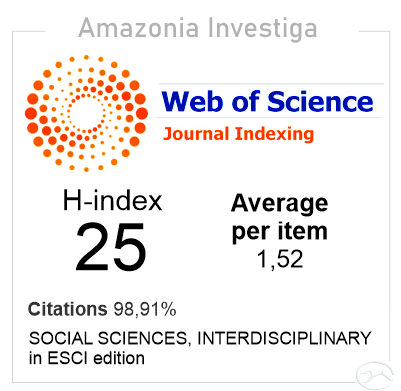



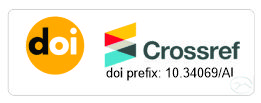



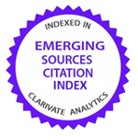
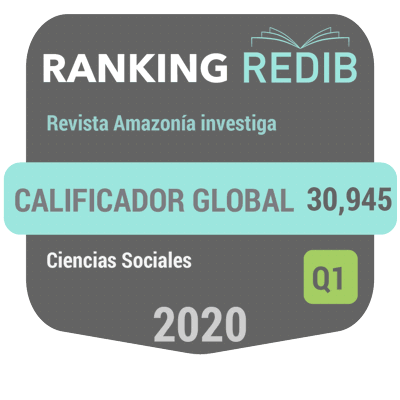







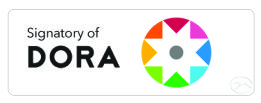
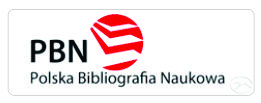
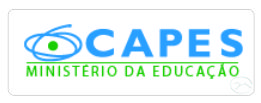

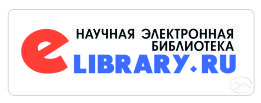




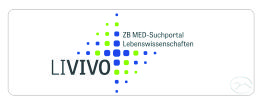



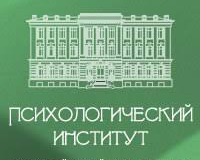












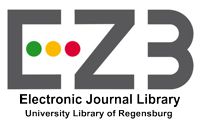

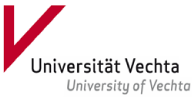



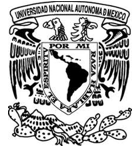

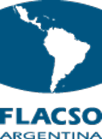









.gif)






